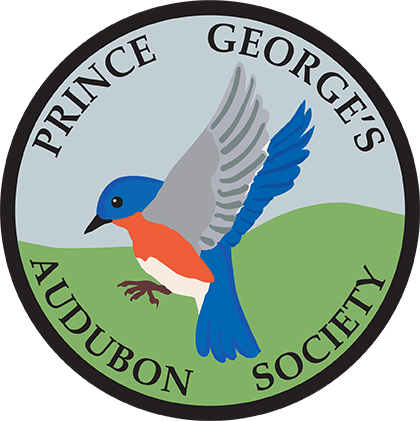English Bird Names: Working to Get It Right
23 September 2021
Hello, AOS members, partners, and friends!
As many of you know, the American Ornithological Society (AOS) has been working to determine the best process for proactively changing harmful and exclusionary English bird names for species within our geographic realm of responsibility. Our most recent public event was a Community Congress, in which we heard different perspectives about the implications of changing common English bird names and what this means for members of the broader ornithological and birding communities. Since then, we have been working thoughtfully and assiduously to develop a strong foundation from which to move this initiative forward. We have had many opportunities for reflection and course-correction along the way. Here’s where we are now.
AOS announced in June that we are forming an ad hoc committee to develop guidelines to identify and change harmful English bird names. The work of this committee to develop an inclusive, transparent, and effective process will be critical for the overall success of this initiative—we need to get this right. AOS leadership originally developed a charge for this ad hoc Committee and proposed a process for populating this team, but our Diversity and Inclusion (D&I) Committee highlighted the need to take a step back and redirect our efforts toward soliciting broader input and representation to improve our charge and our process. In collaboration with D&I Committee members, we refined the charge of the ad hoc committee, defined important qualities of committee chairs and prospective members, and took additional steps to ensure this committee is poised to lay the groundwork for thoughtful and meaningful change.
The general charge of this new committee is to develop a process that will allow the American Ornithological Society to change harmful and exclusionary English bird names in a thoughtful and proactive way for species within AOS’s purview. The committee will investigate, evaluate, and determine best practices for broadening participation and perspectives in the process of changing English bird names. Important qualities of prospective members of this committee include: being diversity/equity/inclusion/justice (DEIJ)-minded, constructive, collaborative, engaging, thoughtful, and big-picture oriented. Committee members must also be open-minded and active listeners. Members of this ad hoc committee must be diverse and broadly representative of those who use English bird names. In addition, the committee should include individuals who are knowledgeable about the intricacies of global nomenclature in order to determine suitable alternative names. Over the next few weeks, we will finalize the leadership for our new ad hoc committee, begin populating this committee, and engage a facilitator to guide the committee’s conversations.
There are so many questions when it comes to changing harmful English bird names: Who gets to decide which names are harmful? How do we ensure we are choosing better names that will have lasting buy-in and impact? We are investing our time now in developing a foundational process that will give AOS the tools to answer these questions. Many of our stakeholders are concerned about inclusivity with bird names, and revisions also carry technical considerations that need to be considered. Developing a strong process to guide name changes will allow us to be flexible and inclusive in considering names that will remain relevant and appropriate far into the future. We realize that there is a trade-off between speed and inclusivity, and we believe that taking the time to get this process right is an investment that will serve our community best in the long run.
We also recognize the importance of communicating with our stakeholders about our process and our progress. Considering how to change harmful and exclusionary English bird names is at the forefront of our minds. Our aim is to provide more regular communication updates about where we are in this process, both to keep our members and partners informed but also to hold ourselves accountable for meaningful progress.
Establishing the process of choosing better English bird names is one of many important initiatives that AOS is undertaking to create a more inclusive and welcoming ornithological community. In the coming weeks, we’ll release a blog post about AOS’s other efforts to become more equitable and broadly representative of ornithological stakeholders worldwide. We look forward to sharing more about these important efforts.
